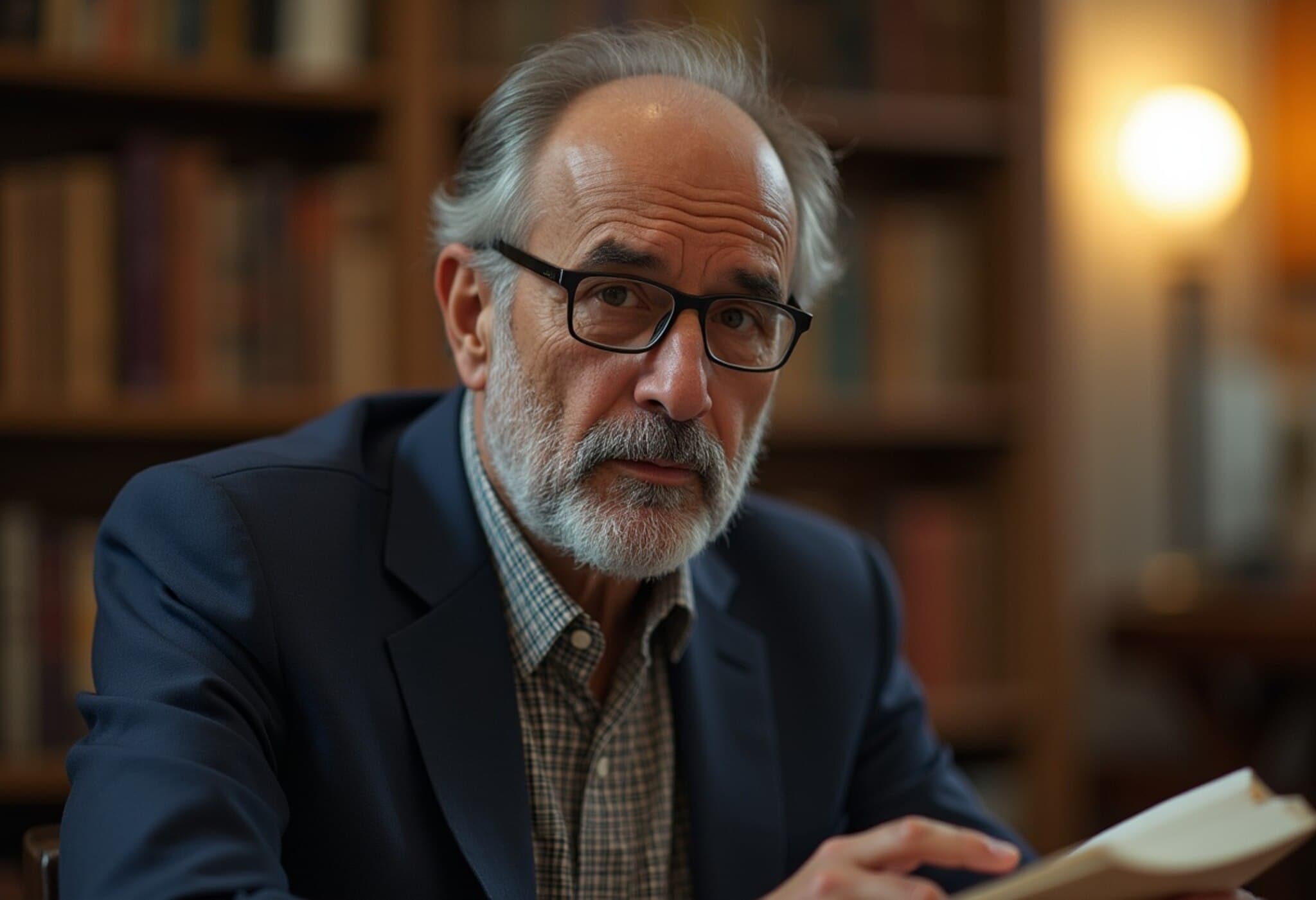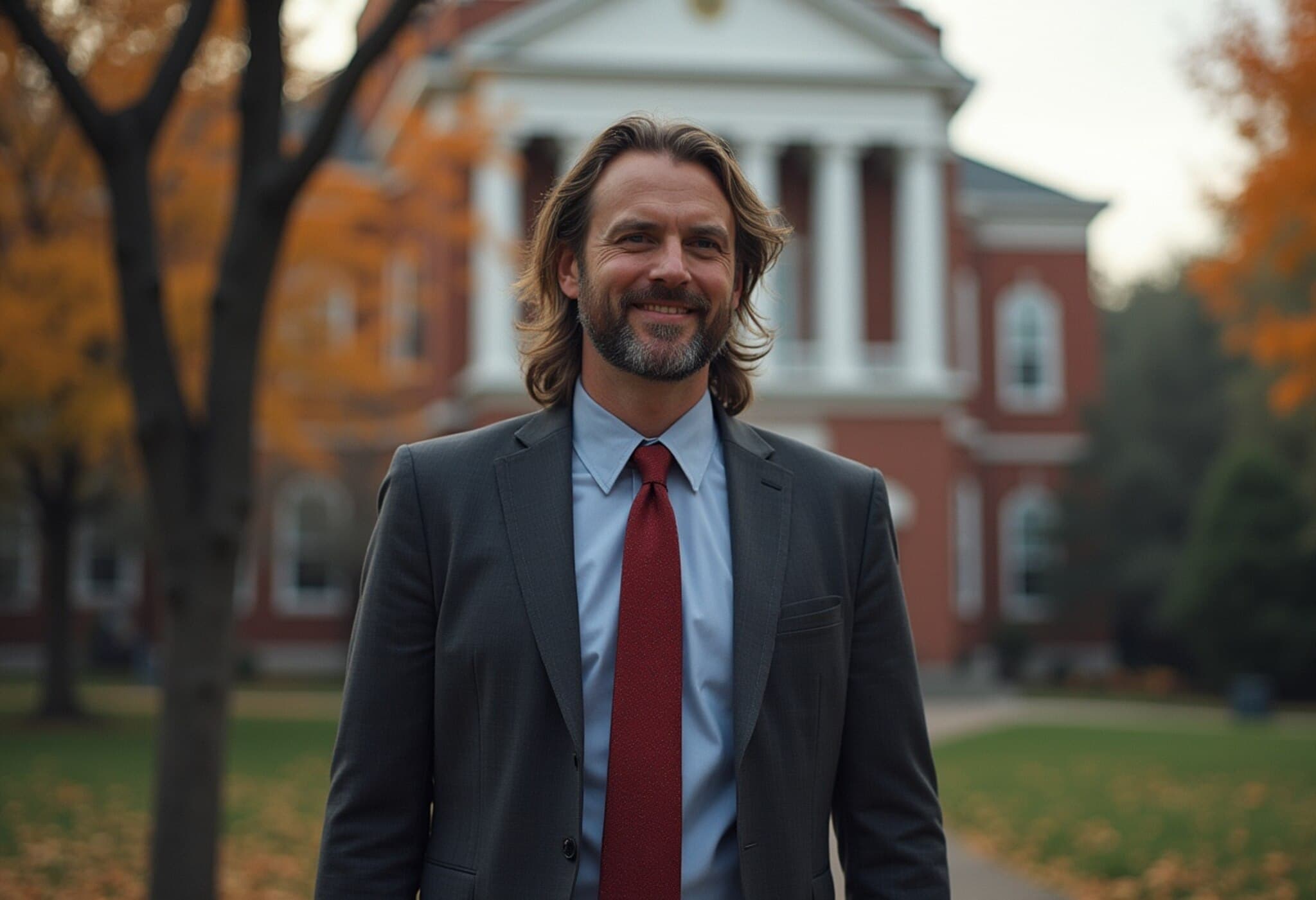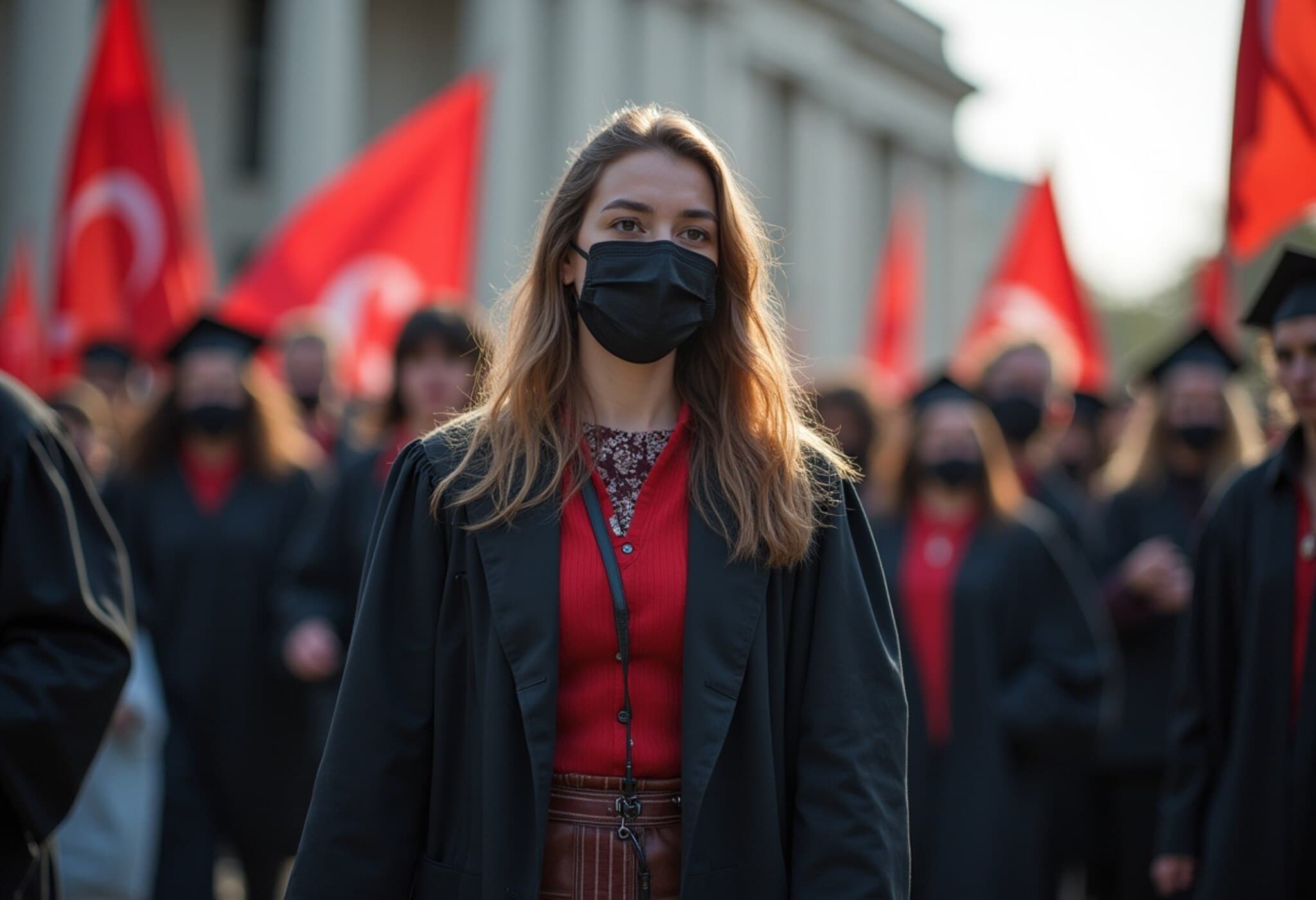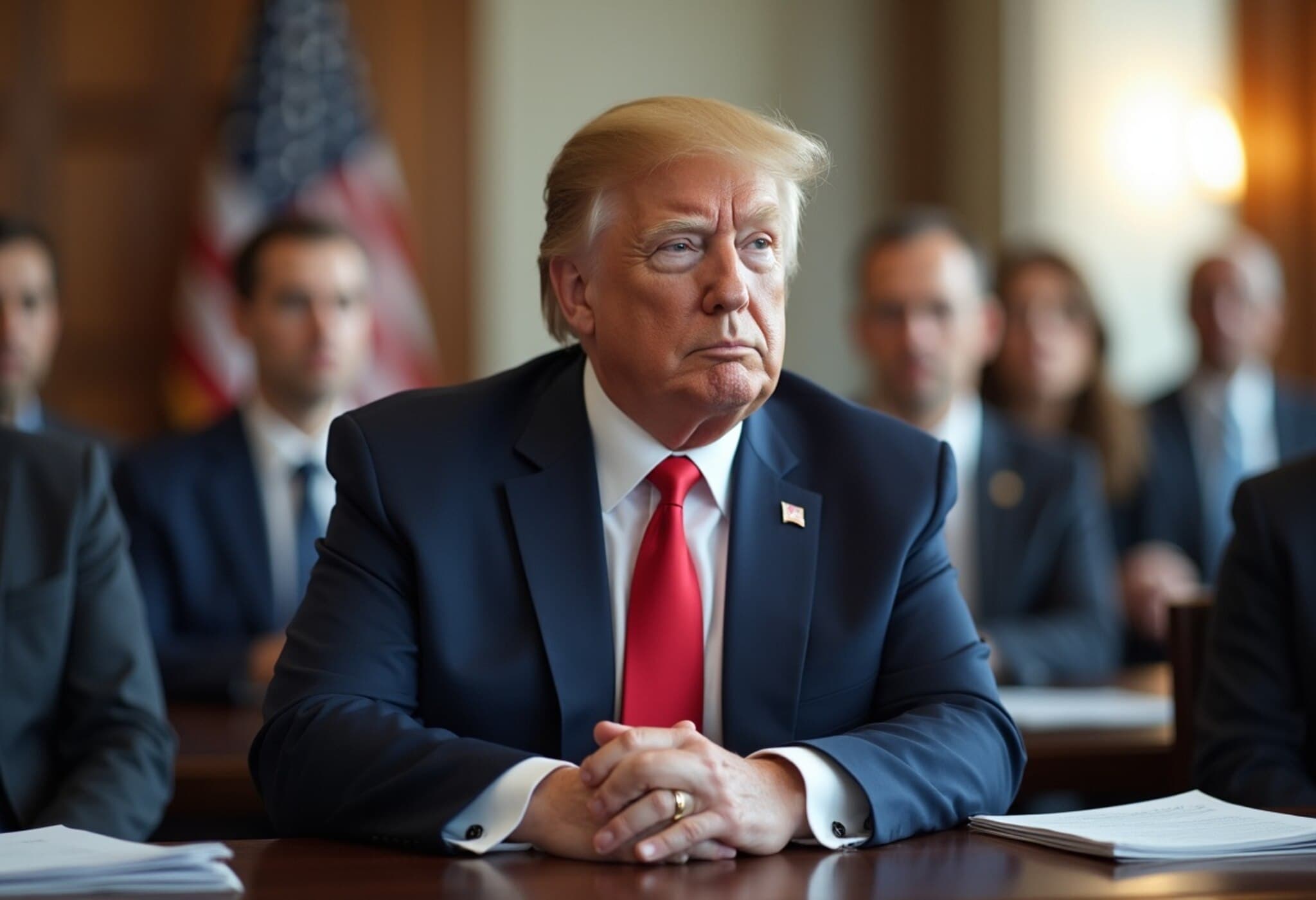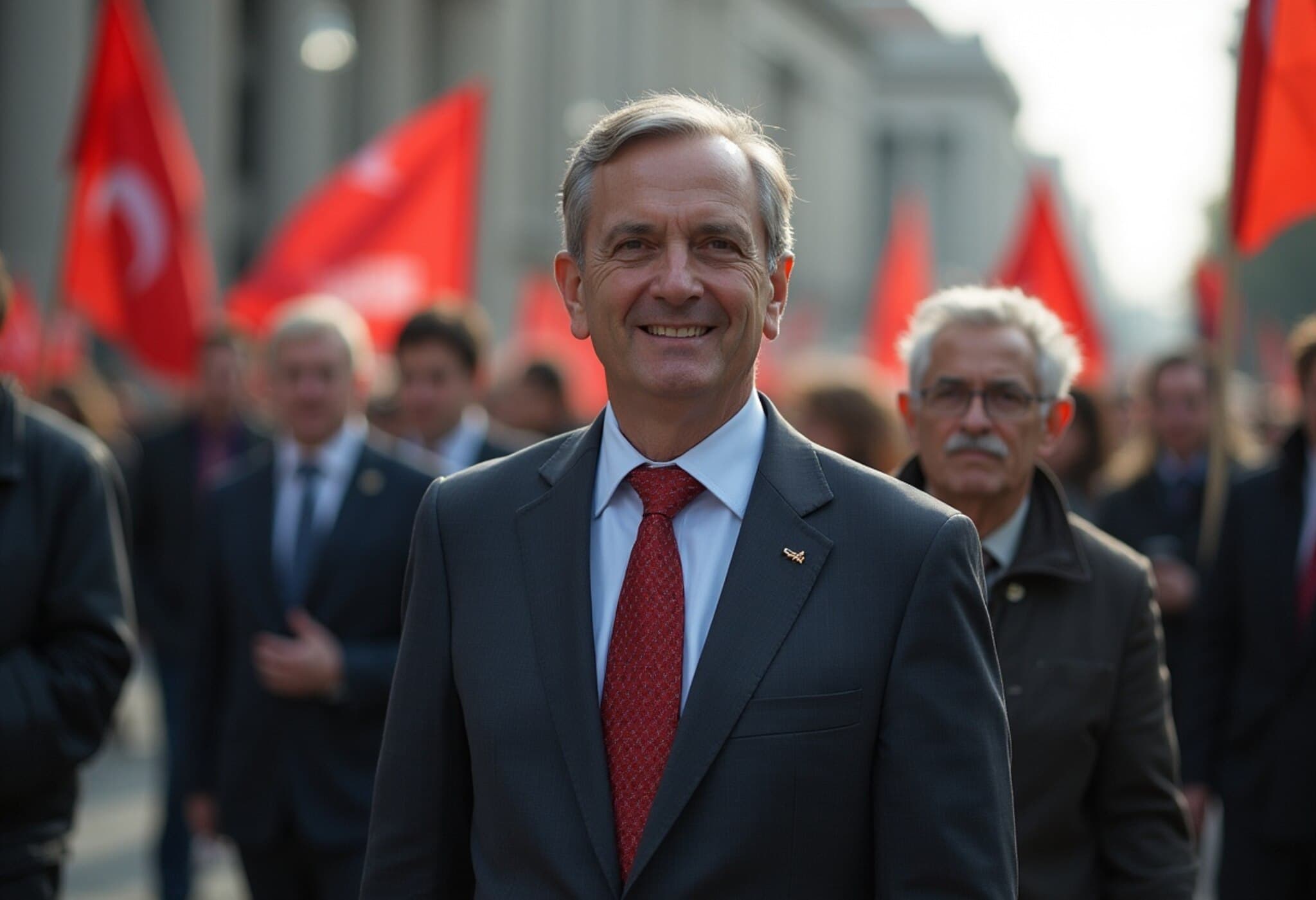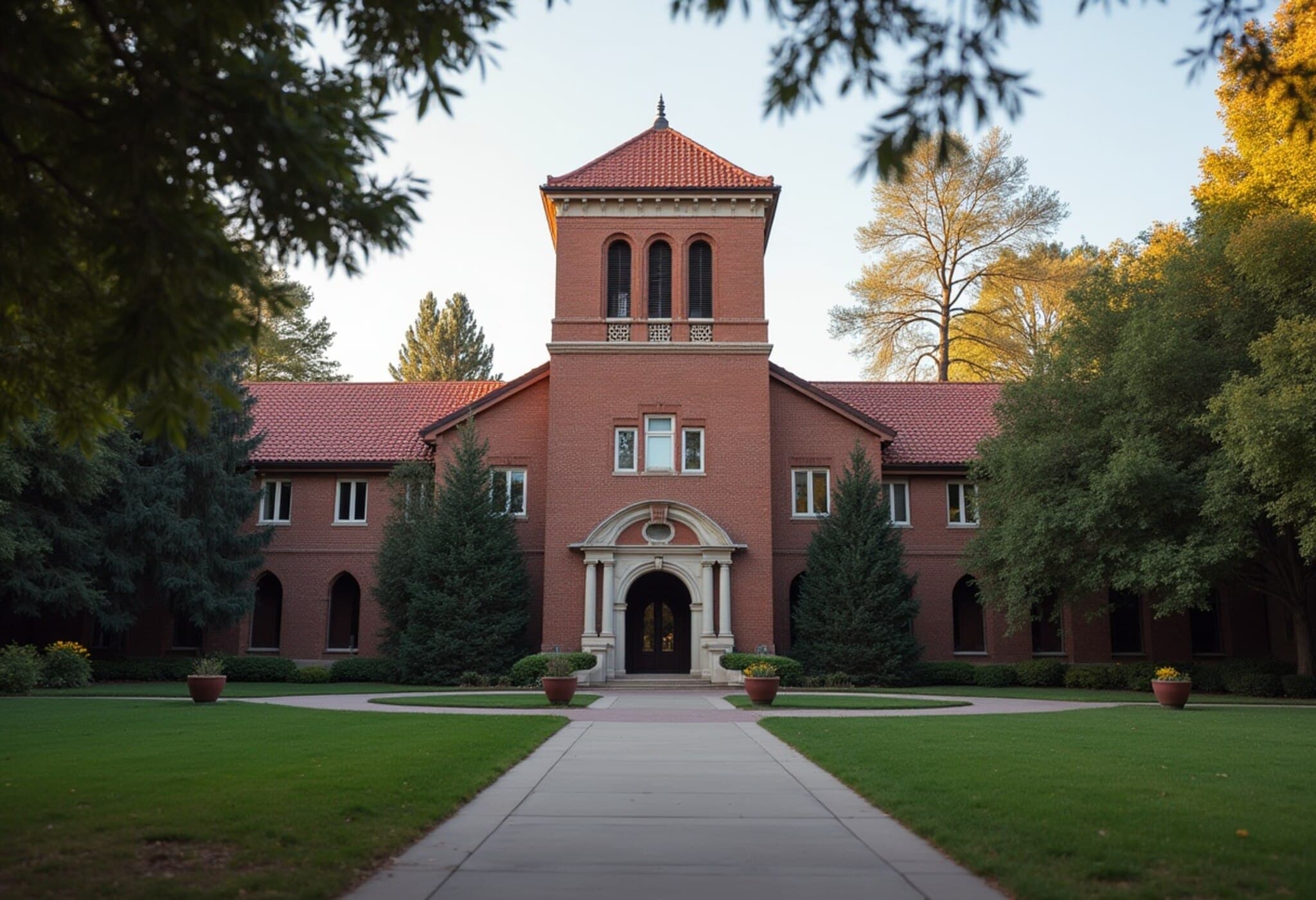Columbia University Agrees to Historic $221 Million Settlement with U.S. Government
In a move gripping the higher education landscape, Columbia University has agreed to pay a staggering $221 million to the United States government, resolving allegations related to civil rights violations and regaining access to vital federal research funding. The settlement, hailed by former President Donald Trump as a "historic agreement," comes amidst intensified federal scrutiny of university policies nationwide.
Background: The Federal Funding Freeze and Trump’s Statement
Earlier in March 2025, the U.S. Departments of Education and Justice froze or canceled federal grants exceeding $400 million in response to controversies surrounding Columbia’s diversity, equity, and inclusion (DEI) initiatives and alleged discriminatory practices. This freeze critically impacted Columbia’s research and academic programs.
Announcing the pact on his social media platform Truth Social, former President Trump emphasized that Columbia’s decision marks a precedent for other universities. He stated, “Numerous other higher education institutions that have hurt so many, and been so unfair and unjust, and have wrongly spent federal money… are upcoming.”
Terms of the Agreement: What Columbia Will Pay and Changes Implemented
- $200 million in civil penalties to the federal government, payable over three years.
- $21 million allocated to Jewish faculty and staff who filed civil rights claims accusing the university of targeting and harassment.
Beyond the financial restitution, Columbia has pledged significant reforms encompassing:
- Adoption of a federal definition of antisemitism, explicitly including anti-Zionism to better safeguard Jewish students and staff.
- Rolling back DEI policies that conflict with federal law, shifting admissions to be based solely on merit.
- Overhauling hiring procedures, disciplinary protocols, and revising Middle Eastern studies curricula to ensure compliance and fairness.
- Implementing new oversight mechanisms to monitor adherence to these commitments.
- Mandating international students on visas to disclose participation in protests and reasons for studying in the U.S., alongside sharing disciplinary records with federal authorities as appropriate.
Administrative Responses and Broader Implications
While Columbia University has not admitted any wrongdoing, Acting President Claire Shipman framed the settlement as "an important step forward after a period of sustained federal scrutiny and institutional uncertainty." This sentiment underscores the complex challenges elite institutions face balancing federal compliance and internal governance.
U.S. Education Secretary Linda McMahon described the agreement as "a seismic shift" signaling a new era of accountability for universities regarding civil rights and use of federal funds.
Controversies leading up to the settlement include a May 2025 pro-Palestinian protest where over 70 students faced disciplinary action following the occupation of a campus library. The Trump administration’s policy scrutinized such demonstrations, particularly where they intersected with international students and perceptions of anti-Israel sentiment.
Expert Analysis: The Intersection of Higher Education, Federal Policy, and Civil Rights
The Columbia settlement highlights a growing tension in American higher education: the balancing act between fostering diverse, inclusive environments and maintaining federal legal compliance. The emphasis on rolling back DEI initiatives in favor of "merit-based" admissions raises pressing questions about the future of affirmative action, minority representation, and university autonomy.
Furthermore, requiring international students to disclose protest activities and linking disciplinary records to federal authorities could have chilling effects on free speech and academic freedom, raising potential constitutional debates.
From a policy perspective, the government's readiness to freeze and reclaim billions in grants reflects a new assertiveness in enforcing federal statutes, possibly setting a precedent impacting hundreds of institutions nationwide.
What Comes Next?
Alongside Columbia, the Trump administration has signaled further investigations and settlements with other universities accused of mismanaging federal funds or violating civil rights laws. This wave of enforcement could redefine federal oversight in academia for years to come.
Observers and stakeholders will be watching closely how institutions adapt to these pressures and whether the educational sector will shift toward streamlined governance or face ongoing legal and cultural clashes.
Editor's Note
The Columbia University settlement is more than a hefty financial payout; it symbolizes a pivotal moment in U.S. higher education governance. As federal authorities intensify oversight, questions emerge around the balance of academic freedom, civil rights protections, and the role federal funding plays in shaping university policies. For American students, faculty, and educational policymakers alike, this case serves as a canary in the coal mine, highlighting the need for transparent dialogue about diversity, inclusion, and legal compliance on campuses nationwide.



